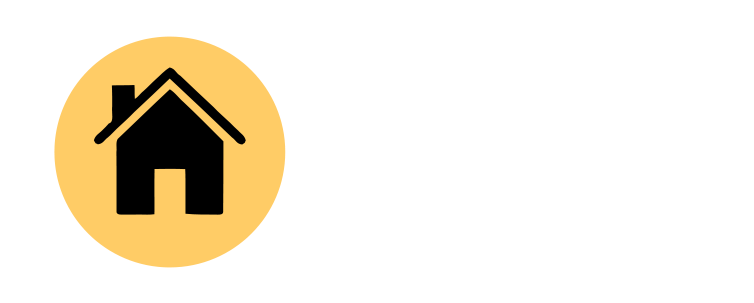Why do realtors list properties without prices?

At some point, many readers have probably, come across property advertised in the listings or on sale boards, which have been put up on the market with “Please call” stated, instead of the price. This is a typical seller practice, utilized by realtors called ‘no-price marketing.
No-price marketing typically occurs when a seller does not have a fixed price in mind for the property on offer. The property owner might not be sure of what the best buyer or highest bidder is prepared to pay to buy and may have fears about undervaluing his property, while also keeping in mind that different factors sway different buyers. It is a speculative practice designed to encourage buyer competition through bidding and tender-submission processes.
Conversely, the owners of a grand estate piece may not want to lose genuine interest by overpricing their property, so they resort to no-price marketing in order to attract serious buyers to the bidding table.
According to Mr. Damola Adedoyin, an Estate surveyor with Alonge, Ogunmeyero and Co.: “It depends on the property in mind. Some owners might be of the opinion that their property is rarer than the usual market offerings, and may be prepared to wait for the right buyer. An agent’s job is to find the best buyer for a property, and if that happens to entail no-price marketing, that’s what will be recommended.”
Of course, the flipside to this line of thinking, is that it depends entirely on the buyer’s estimated worth of the property. Most buyers will not want to risk overpaying for a potential new property and may initially start with a low offer, in order to secure a bargain price.
This, according to Mr. Adedoyin, is also a typical buyer practice: “Even when a price range is established, it’s not unusual to receive a number of offers that are significantly lower than the minimum asking price. Speculation isn’t new to the real estate market in Nigeria, but I prefer to refer to the no-pricing method as true-value pricing. If the buyers see the value they want in that particular property, then they’ll open their chequebooks. It’s that simple.”
But how effective is this method?
“Like I said initially, it depends on the property in mind. No-pricing won’t work on most properties, because buyers generally visit multiple premises and tend to have a good idea of what similar holdings cost elsewhere. But with the right property, it’s a powerful negotiating tactic.”
Similarly, the MD of Bathomes Associates, believes that no-pricing can have its uses with the right property. “I usually resort to it, when I believe that the owner is being unrealistic with the property valuation. When I advertise such properties with the listed price, they stay on the market for months without a single inquiry coming in. But as soon as I list the properties without a price, I get a barrage of calls from interested customers.”
Although, he agrees that no-pricing can cut both ways: “When a good number of offers come in from serious clients, I compile them into a list and brief the owner of the offers and the price range that people are willing to pay for it. This usually does a better job of explaining the market mood to the owners than I ever could.”
All that (no-pricing) will do is lead to unserious clients constantly ringing me up with low-ball offers. I list my prices outright and spare both parties any undue stress.”
Another realtor who wished to remain anonymous, is of the opinion that no-pricing can be alluring to customers because of the subtlety involved: “People are attracted to mystery and the feeling of exclusiveness.” Going further to explain: “If you buy a beautiful property, not through the normal process, but by bidding a personally estimated value, it can create a sense of distinctiveness. You can say it is helpful in attracting customers that buy into exclusivity.”
On the other hand, for the MD Attorney Properties, Mr. Michael, no-pricing is not an efficient tactic: “Why would I want to do that? Why would anyone want to do that? Well, I suppose for some agents, they find what they’re looking for, but for myself, I’m a busy man. All that (no-pricing) will do is lead to unserious clients constantly ringing me up with low-ball offers. I list my prices outright and spare both parties any undue stress.”
In a survey carried out by Castles Lifestyle, 50% of the participants indicated that no-pricing methods discouraged further inquiry, while 25% felt that it encouraged further inquiry, and the other 25% felt that it depended on the property in question.
Indeed, the results of the survey would appear to conform to a long-held market sentiment, which is, that value is subjective, both for the sellers and buyers. And for the market-savvy, there’s a clear strategy when utilizing no-pricing methods.

